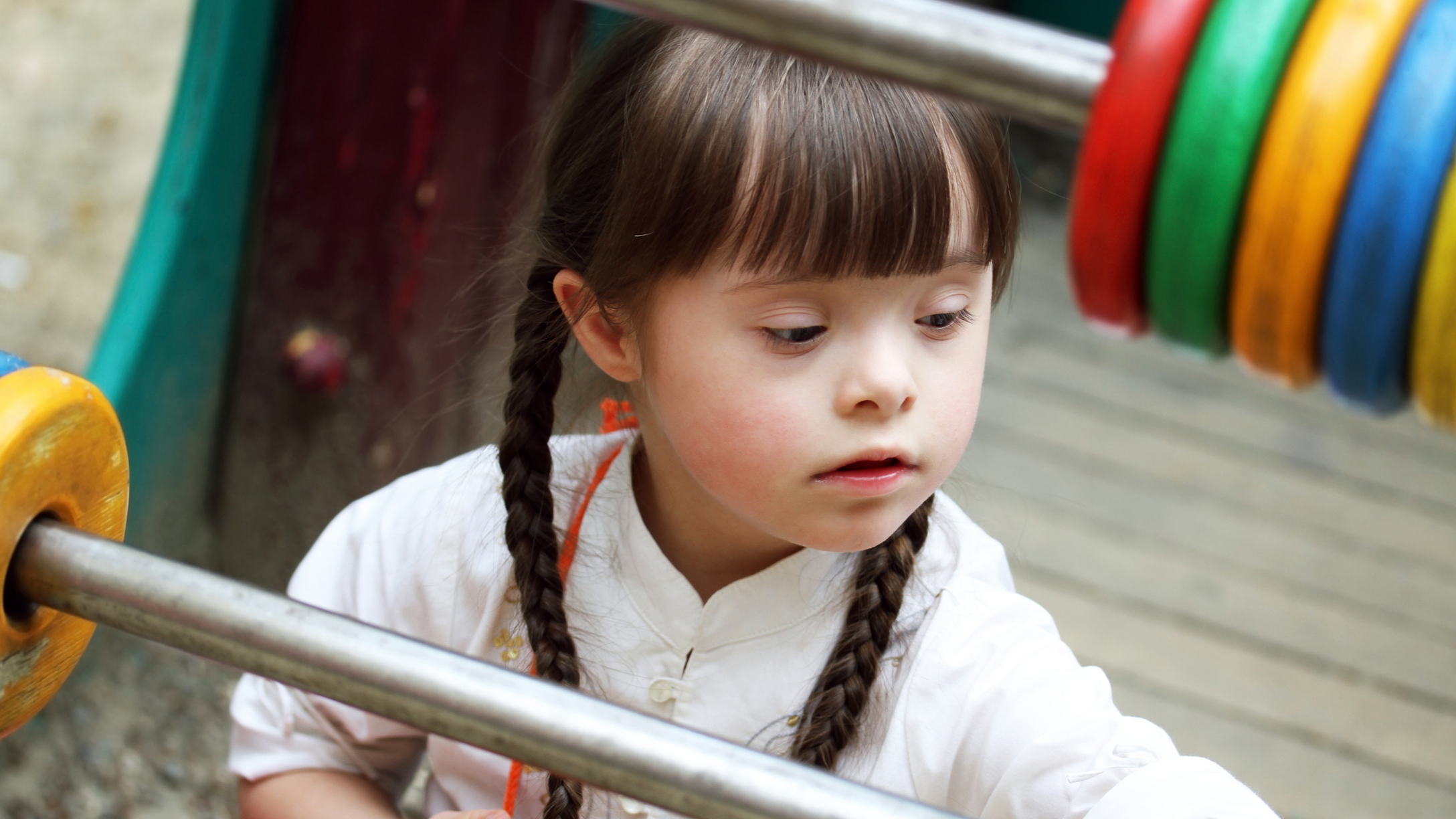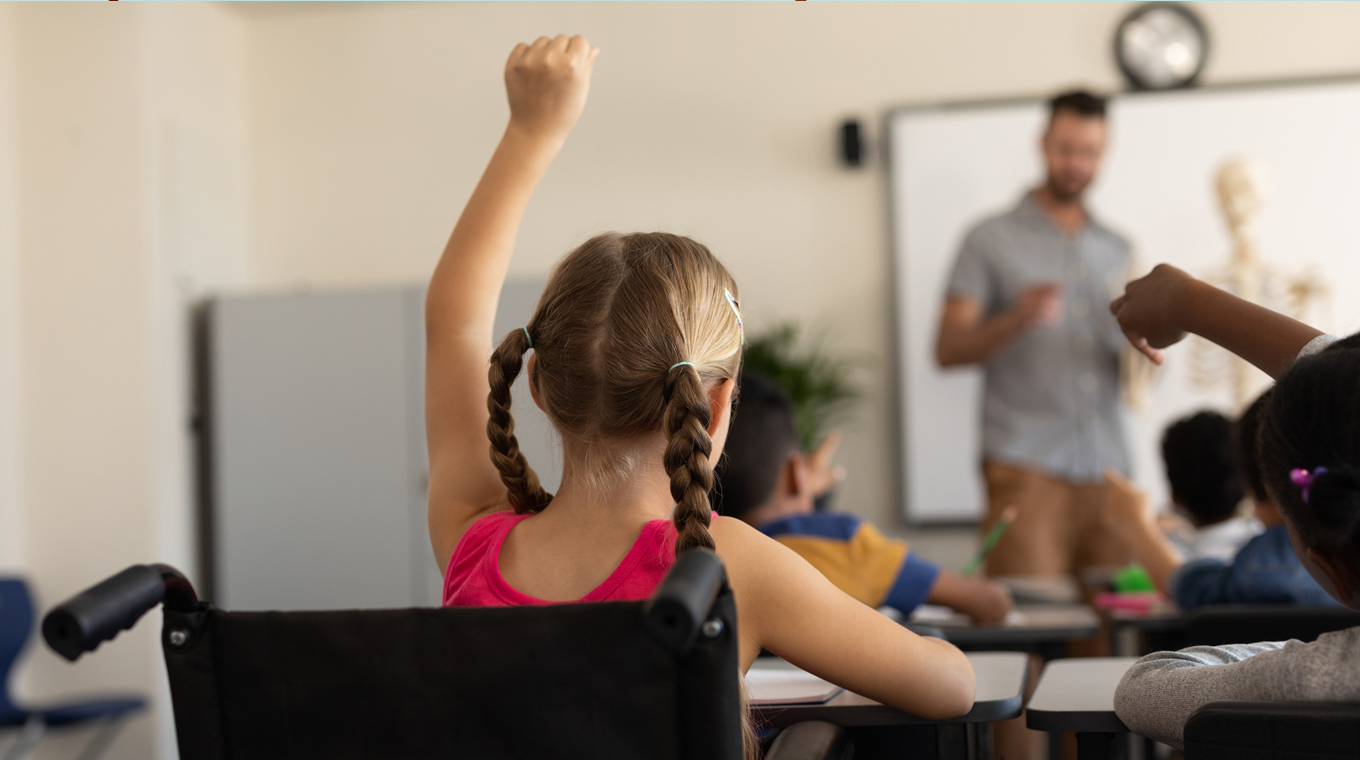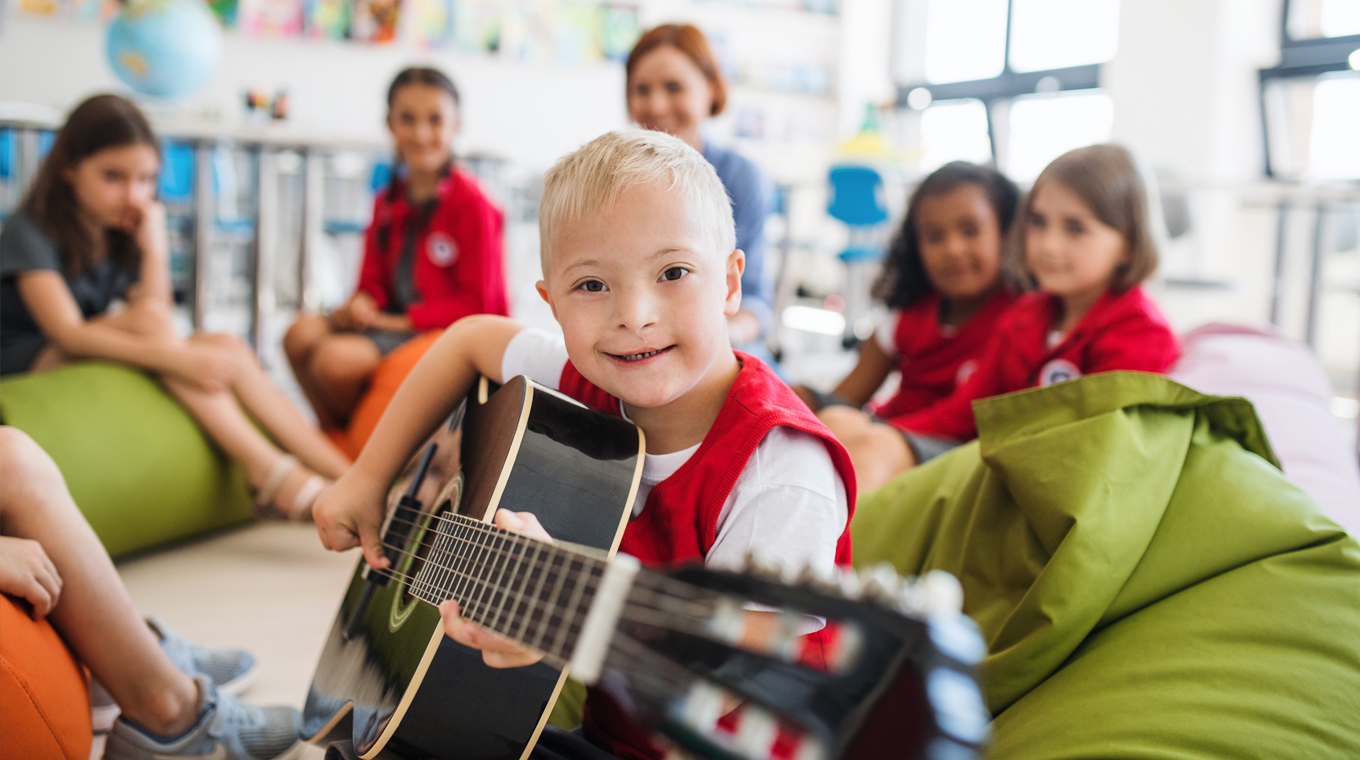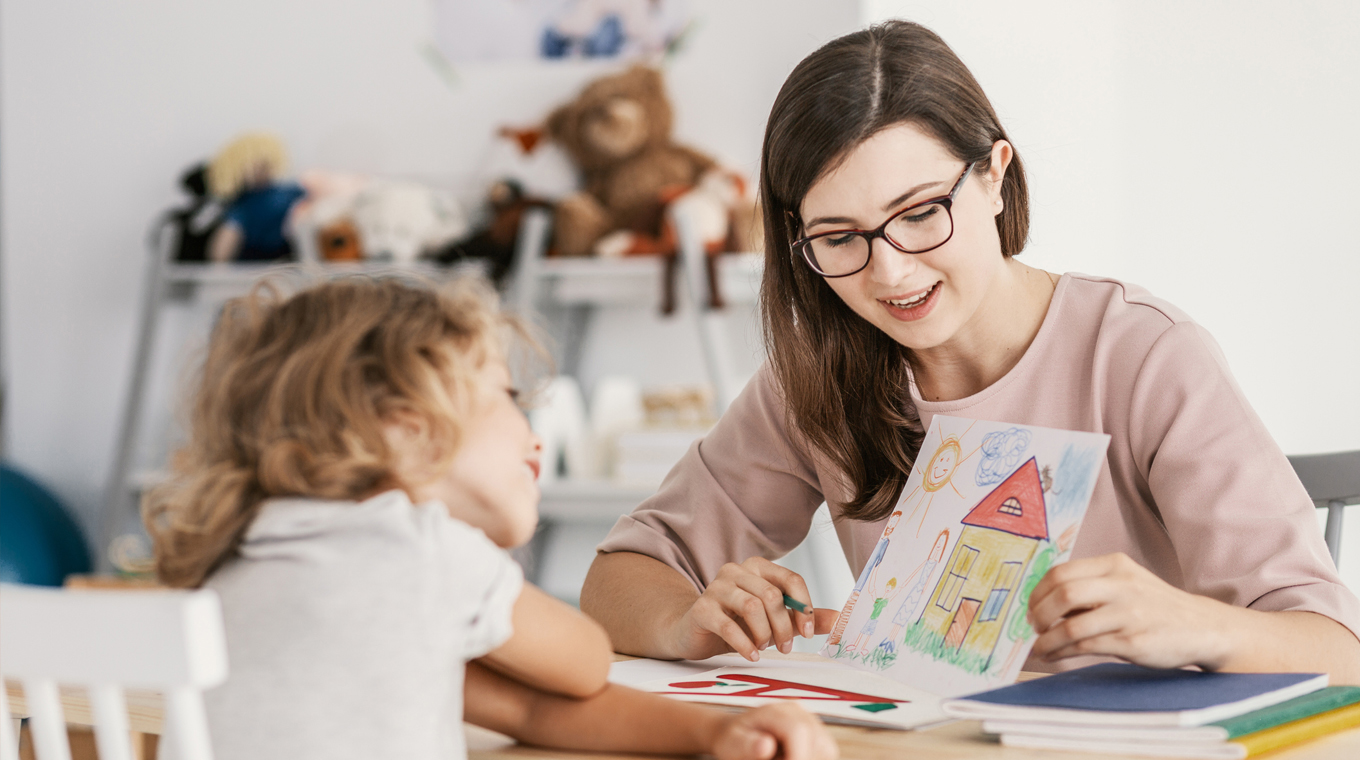
In this article
Some states and counties have issued “shelter in place” warnings in order to “flatten the curve” for the coronavirus and many schools and districts have closed. While use of technology is one way for schools and parents to help continuity of education, there are a host of students who may need additional support.
What schools have to consider when closing

For the myriad of children who rely on schools for daily meals, who may not have easy access to the internet, don’t speak English, or are homeless or in the foster care system, it is easy to get lost during this time of transition. Children with special needs may be particularly affected.
“The challenges are going to be the hardest for students with special needs and those who rely on school for food,” according to the LA Times. “The Los Angeles Unified School District serves more than 60,000 special needs students, more than 12% of its overall enrollment.”
Timothy B. Callahan said, according to DisabilityScope.com, while the Individuals with Disabilities Education Act (IDEA) and the Americans with Disabilities Act don’t specify what should occur if schools are closed for more than 10 consecutive days, schools should generally offer the same level of services to students with disabilities that they are providing to other children.
“If a school is continuing educational services to the general population then they must continue to provide services with those that have an IEP or 504 plan,” Callahan told Mom.com.
Cindy Liu, a mother of a child with disabilities, emphasized that special needs kids and their parents are dealing with particular struggles related to the current coronavirus crisis. “Our civil rights are being challenged,” she said. “Not only challenging our rights to a free and appropriate public education under the IDEA, but also millions of Americans with disabilities are currently being excluded by Democarats and Republicans from any federal relief packages related to COVID-19.”
How children with special needs are being affected

The crisis is affecting special needs children and their families in a number of ways. “For students with disabilities, the challenges are varied but in general, I would divide them into three main categories: academic, social-emotional health, and medical health,” Liu said.
Academic concerns
Academic concerns are related to maintaining educational progress, fighting regression, as well as support via special education teachers, speech, occupational, and behavioral therapists.
“My 9-year-old’s IEP meeting has been indefinitely postponed,” Elisha Wilson Beach told Mom.com. Plus, her language-delayed 3-year-old is in a specialized preschool program with the district but doesn’t receive direct services. “I’ll be emailing the school for advice. I hope this isn’t so long it starts to affect the progress he is beginning to make,” Beach worried.
Crystal T. told Mom.com that the closures for her autistic middle-schooler bring relief. “Not only will she have time to get caught up on numerous overdue assignments without more being thrown at her, but she’ll get breathing room from the autistic burnout that hits hard in the latter half of the school year,” she said.
Social-emotional health
“Continuity is essential. Many kids thrive on a regular schedule,” said Callahan. “Create a modified school schedule at home with tasks and events that would support their education,” he recommended. Your kids can work on the lessons provided by teachers and eat lunch at the same times as they used to.
For Christina Banker, mother of a 10-year-old daughter who is autistic and non-verbal, with a significant intellectual disability, “The social isolation will be difficult for my daughter.” Banker said to Mom.com, “The main benefit of public school for her is the ability to interact with neurotypical peers. She’s an only child and has learned so much through the inclusion public school provides.”
In addition, worry for friends and family could impact your child. “Perseverating on how the virus is spread, and its impact on health, concern for loved ones, etc., can also be emotionally stressful for kids who may not have the skills to manage that stress,” explained Liu. For this reason, you may want to consider your words carefuly and limit your child’s exposure to the news and media.
Medical health
Since many kids with disabilities are also medically fragile, it is important to consider how to protect these students, and have enough community resources and medication available. Liu provided some resources you can look into regarding your child’s rights, some legal information about the coronavirus and special education, and what the US Department of Education advised.
What parents can do to support their children

The most important thing parents can do to support their children is to communicate — both with your child and their teachers. Just keep in mind that teachers may be overwhelmed with requests, so be patient. You can also try a rewards system, a visual schedule, or ask your child to help around the house with daily tasks.
“My twice-exceptional ADHD middle-schooler will be on a strict schedule: increased digitally set screentime limits, timers for work completion, frequent breaks, and reward-based incentives for staying on task,” Anitra Durand Allen told Mom.com. “It’s more monitoring on our part as parents, but we’re also going to be more lenient or we’d go crazy.”







